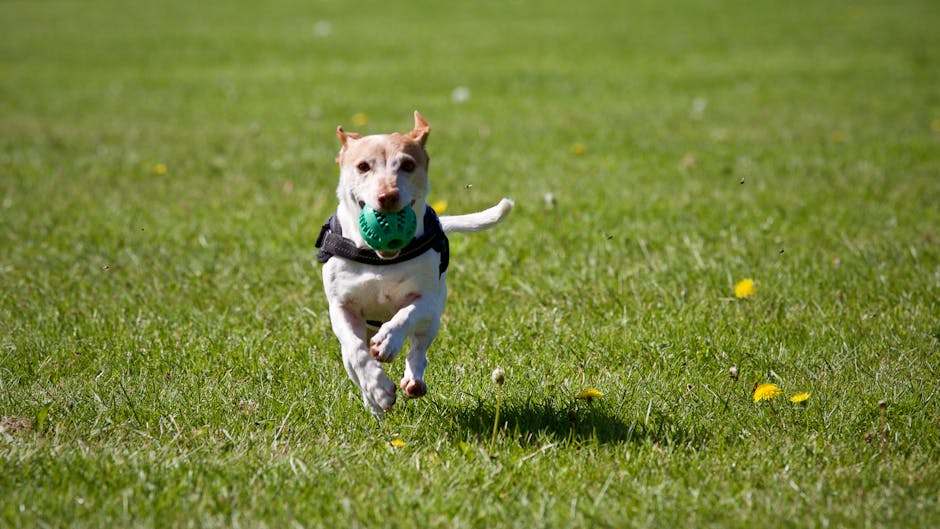As I embarked on the adventure of dog training with my beloved companion, Max, I realized that it was more than just teaching commands. It became a journey of mutual growth, a testament to the extraordinary bond between humans and their canine friends.
**The Importance of Positive Reinforcement**
At the heart of effective dog training lies positive reinforcement. This approach rewards desired behaviors, creating a positive association between the action and a desirable outcome. Whether it's a treat, praise, or a game, the reward strengthens the desired behavior and makes repetition more likely.
**Consistency and Patience**
Consistency and patience are crucial ingredients in the training process. Dogs learn best through repetition, so practice sessions should be regular and consistent. Avoid changing commands or expectations, as this can confuse your furry friend. Patience is also essential, especially when working with puppies or older dogs who may require more time to understand.
**Understanding Your Dog's Body Language**
Communication is key in dog training. By understanding your dog's body language, you can decipher their needs and adjust your training approach accordingly. Pay attention to your dog's ears, tail, body posture, and facial expressions. These cues provide valuable insights into their mood, intentions, and state of mind.
**Start with Basic Commands**
Every journey begins with small steps. Start with basic commands such as "sit," "stay," and "come." Use clear and consistent verbal cues and hand gestures to reinforce the commands. Keep training sessions short and fun to maintain your dog's interest and motivation.
**Socialization and Exposure**
Socialization and exposure to various environments and situations are essential for a well-behaved dog. Introduce your dog to different people, animals, and places in a controlled and positive setting. This exposure helps them feel more comfortable and confident in new situations.
**Dealing with Behavior Problems**
Even the most well-trained dogs can exhibit behavioral issues at times. If your dog displays undesirable behaviors such as aggression, fear, or separation anxiety, seek professional help from a veterinarian or certified dog trainer. They can assess the underlying causes and recommend appropriate training and behavior modification techniques.
**The Rewards of Dog Training**
The rewards of dog training extend beyond obedience and good behavior. It strengthens the bond between you and your canine companion, creating a deep level of trust and understanding. A well-trained dog brings joy, companionship, and unconditional love into your life, making the training journey an invaluable investment.
In the end, dog training is a journey of love, dedication, and mutual respect. By embracing these principles and understanding your dog's unique needs and personality, you can create an extraordinary bond with your furry friend that will last a lifetime.
